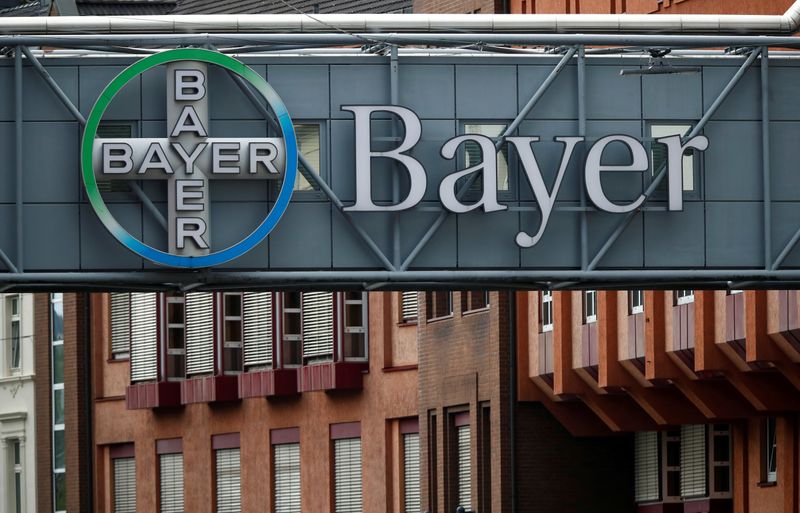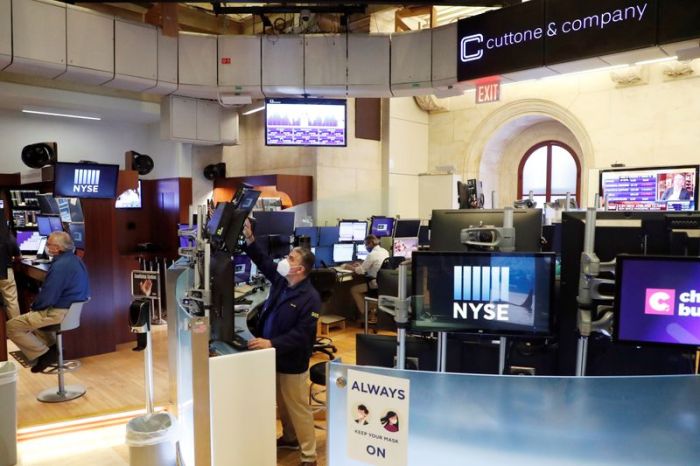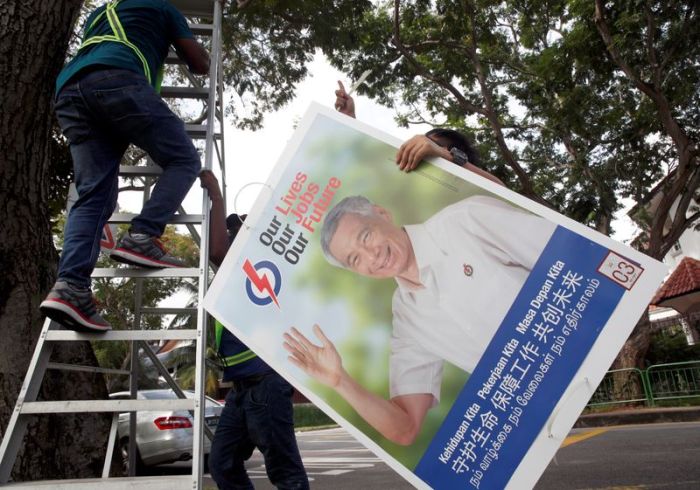FRANKFURT (Reuters) – Bayer shares fell more 6% on Tuesday after a U.S. judge questioned part of the German company’s proposed settlement to deal with future claims relating to allegations that its widely used weedkiller Roundup caused cancer.
Last month Bayer agreed to pay as much as $10.9 billion to settle close to 100,000 U.S. lawsuits related to Roundup.
That included $1.25 billion to support a separate class agreement to address potential future litigation. That part of the settlement requires court approval.
“The Court is skeptical of the propriety and fairness of the proposed settlement, and is tentatively inclined to deny the motion,” Judge Vince Chhabria said in a filing with the United States District Court, Northern District of California.
Bayer had planned on creating an independent panel of scientific experts to help assess whether glyphosate caused cancer.
Regulators including the U.S. Environmental Protection Agency and the European Chemicals Agency, have determined glyphosate to be non-carcinogenic, supporting Bayer’s claim that the active ingredient in its Roundup product is safe for agricultural use.
But in a filing published on July 6, Chhabria said: “Even with the consent of both sides, it’s questionable whether it would be constitutional (or otherwise lawful) to delegate the function of deciding the general causation question (that is, whether and at what dose Roundup is capable of causing cancer) from judges and juries to a panel of scientists.”
Chhabria also questioned whether potential claimants want to remain bound by a ruling reached by the proposed scientific panel if research is still ongoing.
“In an area where the science may be evolving, how could it be appropriate to lock in a decision from a panel of scientists for all future cases?,” Chhabria wrote.
In 2015, the World Health Organization’s cancer research arm determined the herbicide to be a “probable carcinogen”, and since 2018, three consecutive U.S. juries, who listened to scientific evidence from both sides during trials, found that Roundup causes cancer.
Responding to Chhabria’s ruling, Bayer said: “We appreciate the judge’s order raising his preliminary concerns with the proposed class settlement, which we take seriously and will address at the preliminary approval hearing on July 24.”
(Reporting by Edward Taylor and Patricia Weiss; editing by Keith Weir and Jason Neely)
























